Vivek Ramaswamy’s threat to reclaim Rivian’s government loan sparks criticism over potential conflict of interest with Elon Musk’s Tesla ties.
Washington, D.C. — December 07, 2024 — Vivek Ramaswamy, the Republican presidential candidate, has stirred controversy with his recent comments about the Rivian loan deal, warning he would take aggressive action to reclaim government-backed loans provided to the electric vehicle company if elected. His statement has quickly sparked debates, with critics pointing to a potential conflict of interest involving Tesla CEO Elon Musk.
Ramaswamy, a vocal advocate for reducing government intervention in the private sector, has promised to “claw back” the federal loans issued to Rivian, an electric vehicle manufacturer that received nearly $1.5 billion in taxpayer funding. His remarks have reignited discussions about the fairness of government subsidies for emerging green energy companies, a topic that has been particularly sensitive given Rivian’s connections to the broader electric vehicle industry, including Tesla.
The controversy has intensified due to Musk’s prominent role in the electric vehicle market. Critics argue that Ramaswamy’s position could be influenced by Musk’s financial and business interests. Musk is known for his significant investments in electric vehicle technologies, and Rivian, which was once seen as a competitor to Tesla, is now a key player in the sector.
Conflict of Interest Concerns
Several political analysts and ethics experts have raised concerns about a potential conflict of interest, given Musk’s role in the electric vehicle industry. “It’s difficult to ignore the fact that Ramaswamy’s position could potentially benefit Musk, who has a vested interest in undermining Rivian’s financial stability,” said Elizabeth Andrews, a government ethics specialist. “It raises questions about whether his proposed actions are truly in the public’s best interest or motivated by private business ties.”
Ramaswamy, however, has defended his stance, emphasizing that government funds should not be used to prop up companies that are struggling in a competitive market. “The taxpayer should not be on the hook for failed ventures,” he said during a recent campaign rally. “If Rivian can’t stand on its own, it shouldn’t rely on taxpayer money.”
Musk’s Response
Elon Musk has not publicly commented on Ramaswamy’s statements, but sources close to the Tesla CEO suggest that Musk sees Ramaswamy’s comments as a distraction from the larger issue of government subsidies in the EV sector. Tesla, which has been profitable for several years, has never received the same kind of federal backing that Rivian and other new entrants to the electric vehicle market have.
Political Reactions
The backlash against Ramaswamy’s remarks has been swift. Democratic lawmakers have criticized his comments as a thinly veiled attempt to favor Tesla, arguing that it could undermine the competitiveness of the entire electric vehicle market. “Ramaswamy’s proposals are a blatant giveaway to one of the wealthiest men in the world,” said Representative Maria Sanchez (D-CA). “We should be supporting all companies in the EV space to accelerate the transition to clean energy, not picking winners and losers based on personal interests.”
On the other hand, some conservative figures have backed Ramaswamy, applauding his tough stance on government subsidies. “This is exactly the kind of bold leadership we need to rein in wasteful government spending,” said Senator John Reed (R-TX). “Ramaswamy is calling for a level playing field, and that’s something we should all support.”
Looking Ahead
As the 2024 presidential race heats up, Ramaswamy’s position on Rivian and government-backed loans will likely remain a contentious issue. With the electric vehicle market continuing to grow, how the U.S. government supports these companies will be a key topic of debate in the months ahead.
For now, both Rivian and Tesla remain at the center of an industry in flux, and how Ramaswamy and other political figures handle these tensions could have lasting implications for the future of the electric vehicle sector and government policy.Global Updates











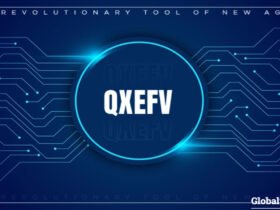



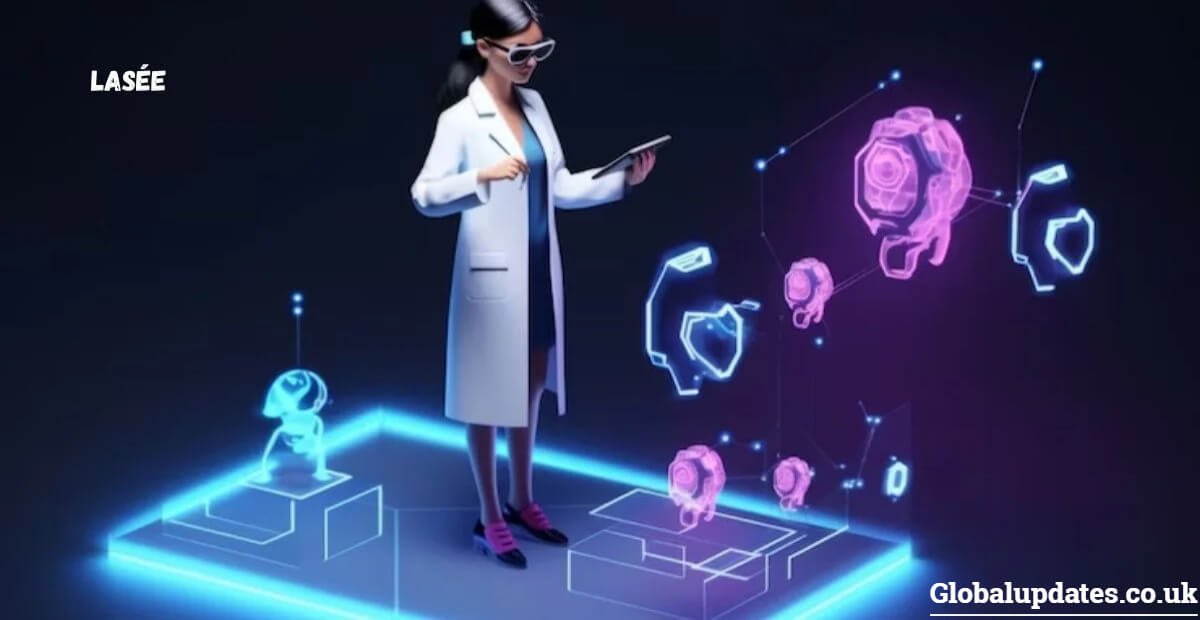














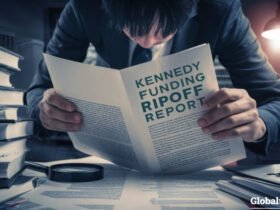





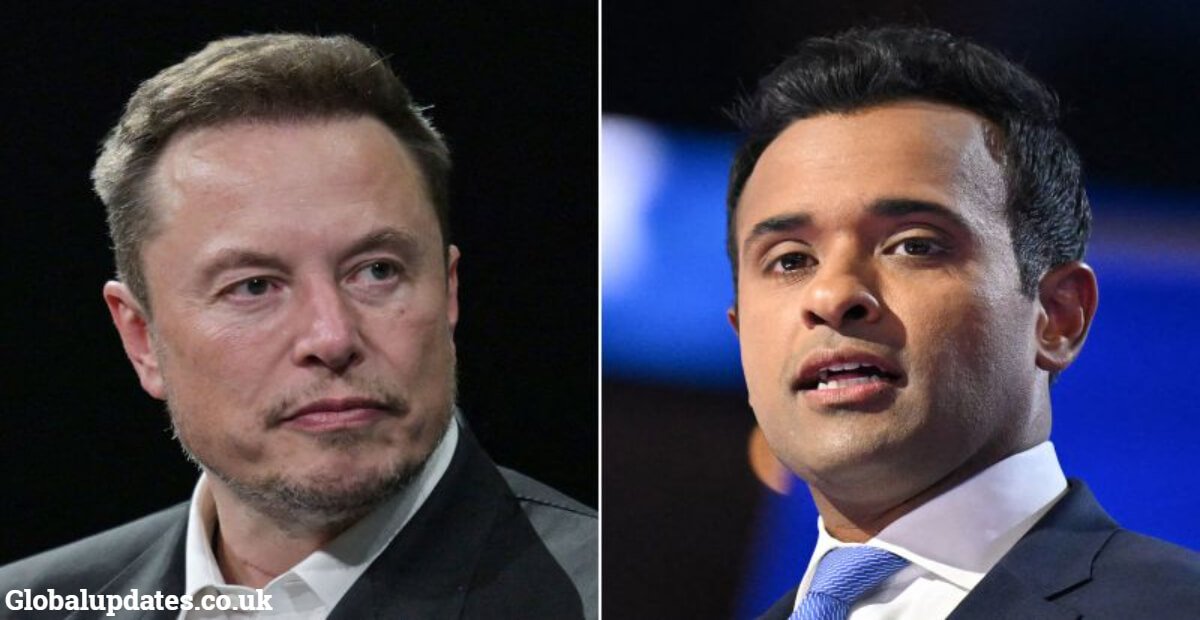
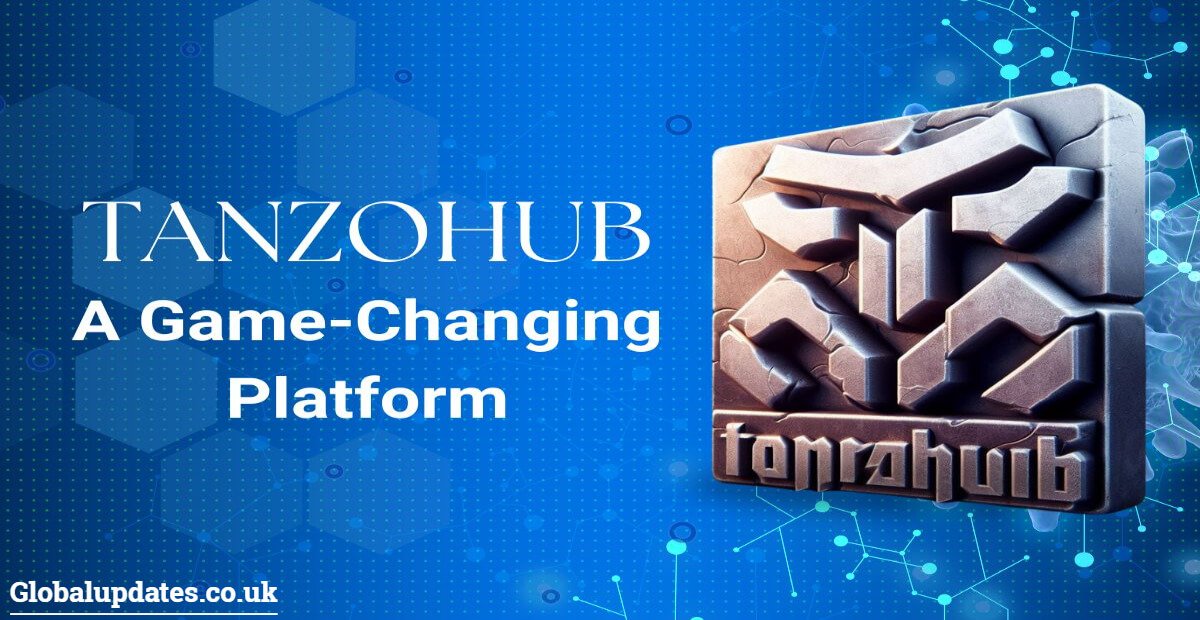





Got a Questions?
Find us on Socials or Contact us and we’ll get back to you as soon as possible.